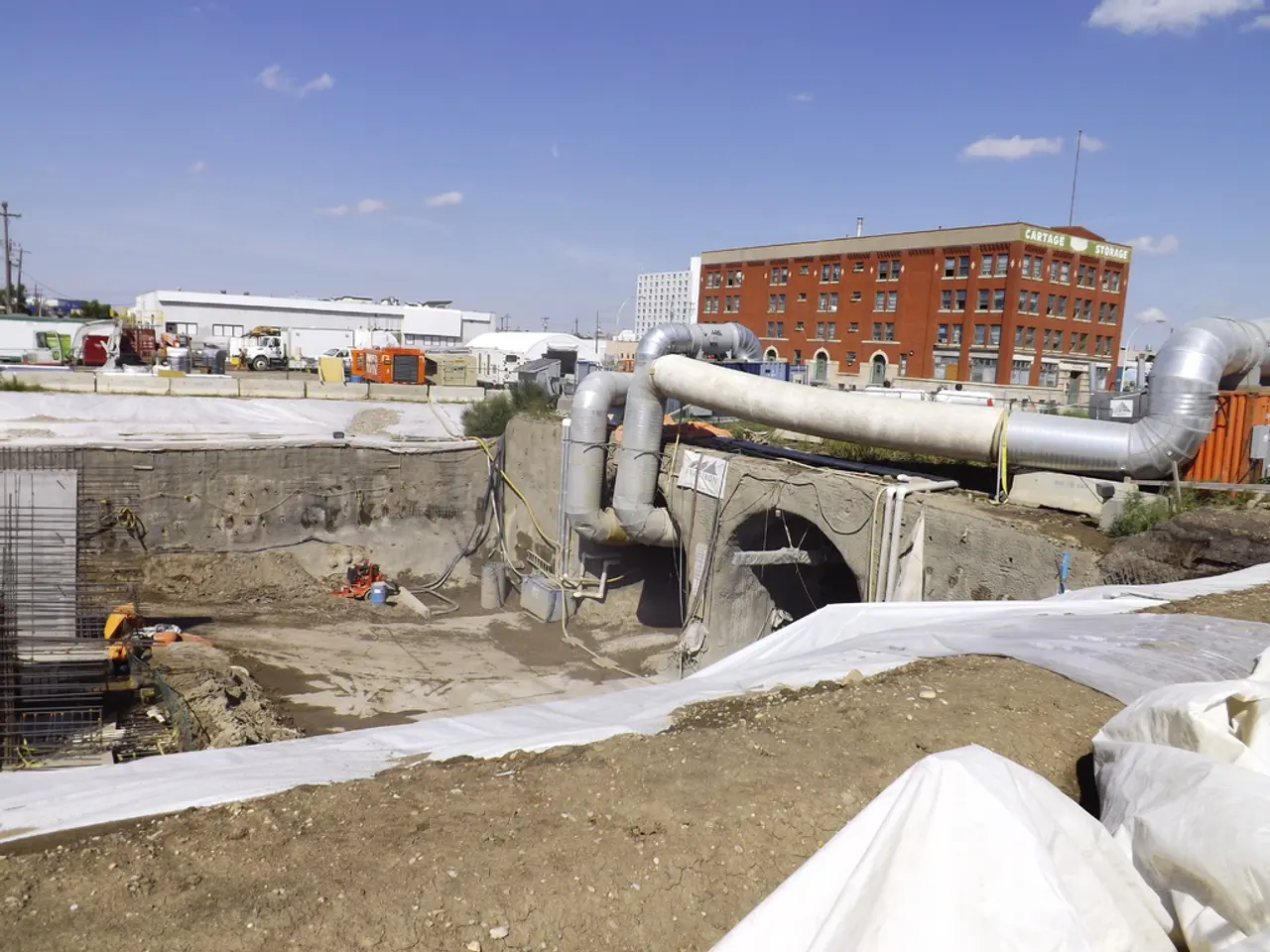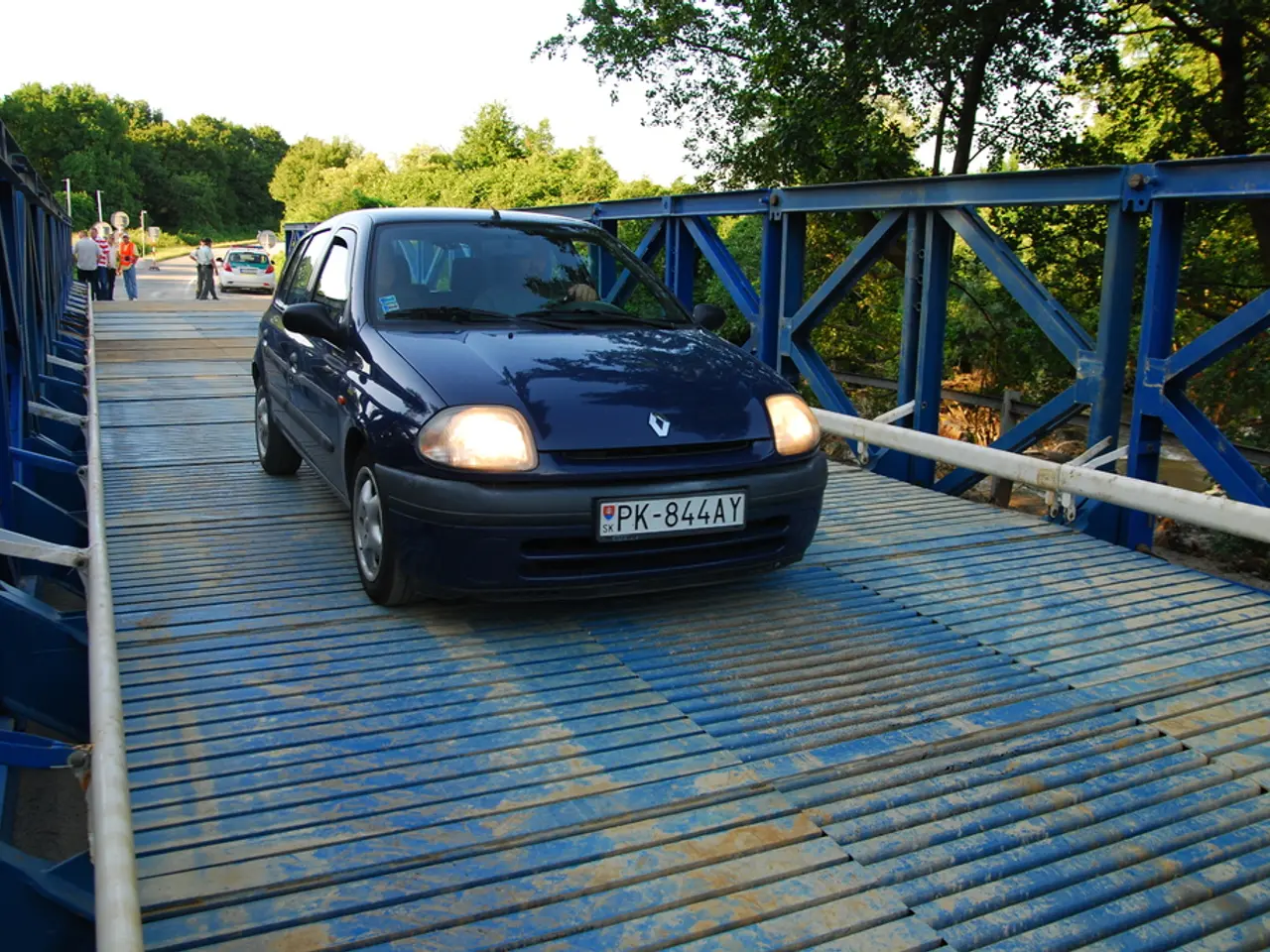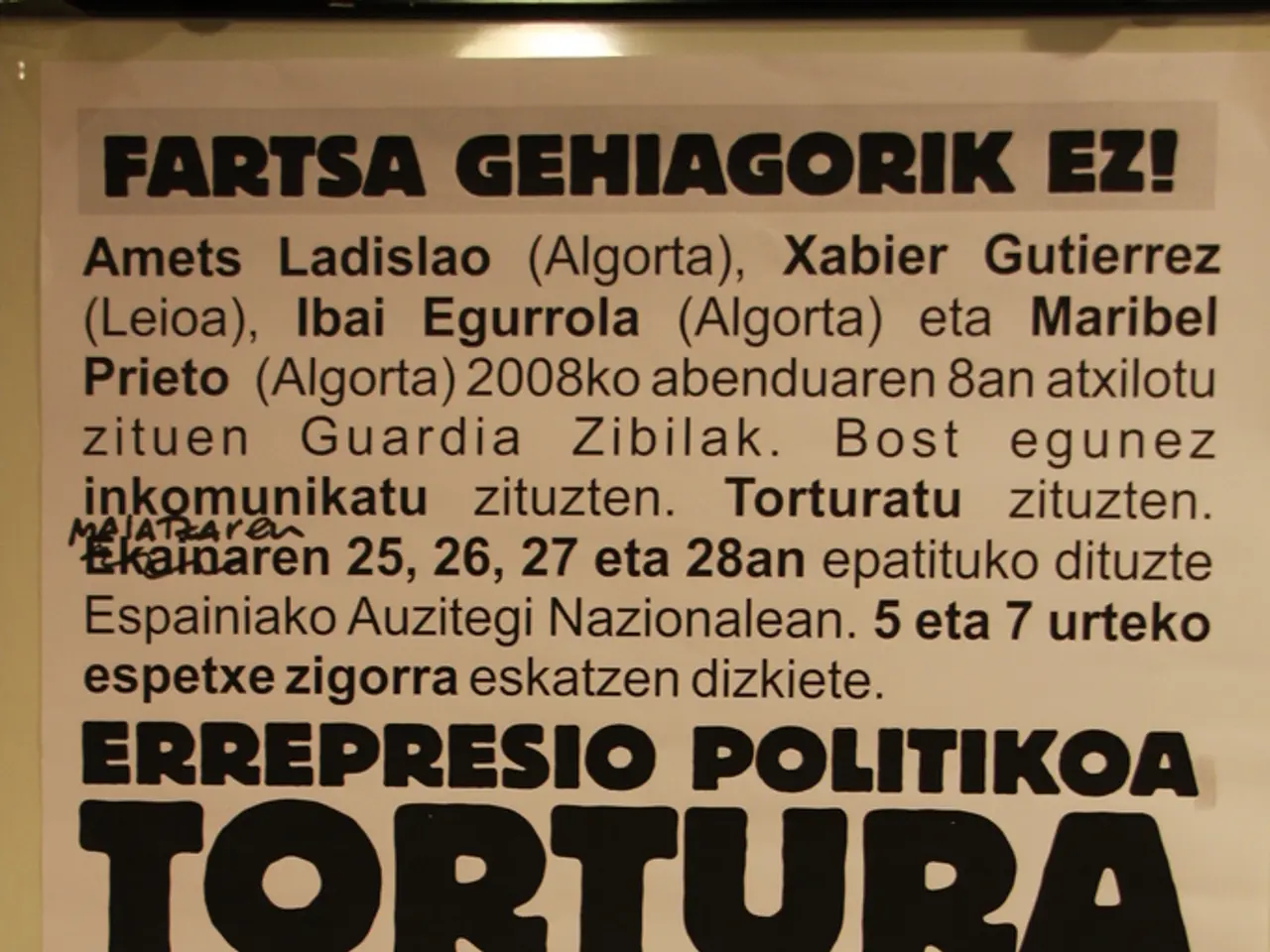Family members of captive hostages have been on a hunger strike for 500 days, following the Hamas assault in Israel.
In the Middle East, tensions continue to escalate as the hostage crisis in Gaza persists without a resolution. Protests have erupted in Jerusalem and Tel Aviv, demanding the release of the hostages who have been held captive for months.
Negotiations for a ceasefire and the release of the hostages have largely collapsed, with no active ceasefire in Gaza as of early August 2025. Efforts to establish a two-month truce between Hamas and Israel, aimed at facilitating the release of about 25 hostages (10 living and 15 deceased), have fallen apart due to disagreements over the terms. Hamas insisted on a full Israeli withdrawal from Gaza and assurances that Israel would not renew hostilities, while Israeli demands included rearrangement of forces inside Gaza and the removal of Hamas from power.
The military option for rescuing hostages is considered too risky, as most captives are believed to be hidden deep underground in Hamas's tunnel network. Hamas has reportedly ordered captors to execute hostages if rescue attempts occur, increasing the danger to the captives. Israel’s Prime Minister Netanyahu has maintained a hardline approach, rejecting ceasefires and aiming to eliminate Hamas militarily.
The humanitarian situation in Gaza remains dire, with continued casualties and injuries reported amid ongoing conflict. Over 48,200 Palestinians have died from Israeli attacks in the past 500 days of war in Gaza, and more than 180,000 Palestinians have been injured. Around two million Palestinians have been displaced.
Meanwhile, in Lebanon, the ceasefire agreement between Hezbollah and Israel has been extended to February 18. However, the second phase of the ceasefire in Gaza is fragile, with Israeli troops unlikely to withdraw from the country by the specified deadline and a drone attack killing a senior Hamas commander in Lebanon.
The international community has pledged more than $750 million in humanitarian aid to support reconstruction in Lebanon, but the damages exceed that figure as "only the physical structures" would amount to $3.4 billion. Human Rights Watch has condemned Israeli attacks in southern Lebanon for destroying infrastructure and public services, preventing tens of thousands of Lebanese from returning to their homes.
The second phase of the ceasefire in Gaza is planned to be discussed by Netanyahu’s security cabinet on Monday. Families of the captives have begun a 500-minute fast to commemorate the 500 days of captivity of their loved ones. U.S. Senator Marco Rubio, accompanied by Steve Witkoff, the U.S. government’s envoy to the region, is on his first tour of the Middle East, expressing a united front with Netanyahu to "finish the job" in Gaza and Iran.
In a concerning development, 1,800 US MK84 bombs, frozen under Biden’s administration due to their destructive power, have been shipped to Israel under Trump’s authorization. Each MK84 bomb weighs a ton and creates craters 15 meters wide, capable of devastating a neighborhood and taking hundreds of lives.
As the situation in Gaza remains tense, the international community continues to call for a peaceful resolution to the crisis, with the new U.S. Secretary of State set to address the 'day after' the war in Gaza and the liberation of Israeli hostages.
The average casualties in Gaza, due to the ongoing conflict, have exceeded 48,000 Palestinians in the past 500 days, with over 180,000 injured and approximately two million Palestinians displaced. The international community has been deeply involved, with the US Senate expressing support for a hardline approach in the resolution of war-and-conflicts in the Middle East, particularly the persistent hostage crisis in Gaza, and the general-news surrounding the region is often dominated by these issues.






